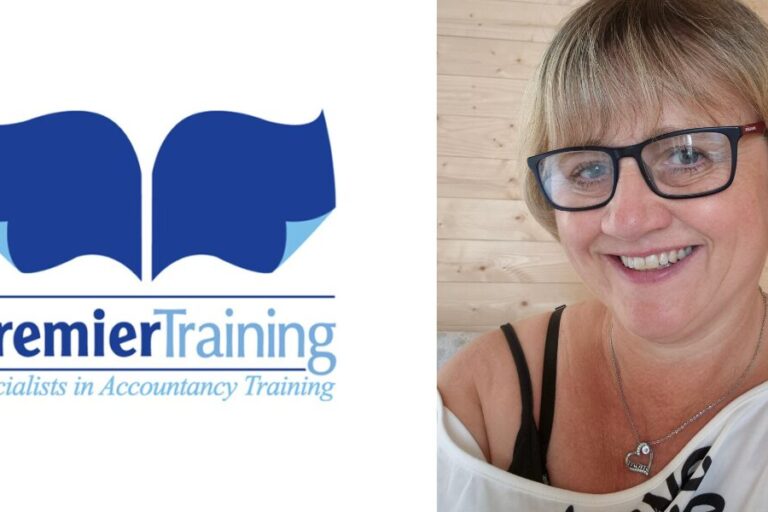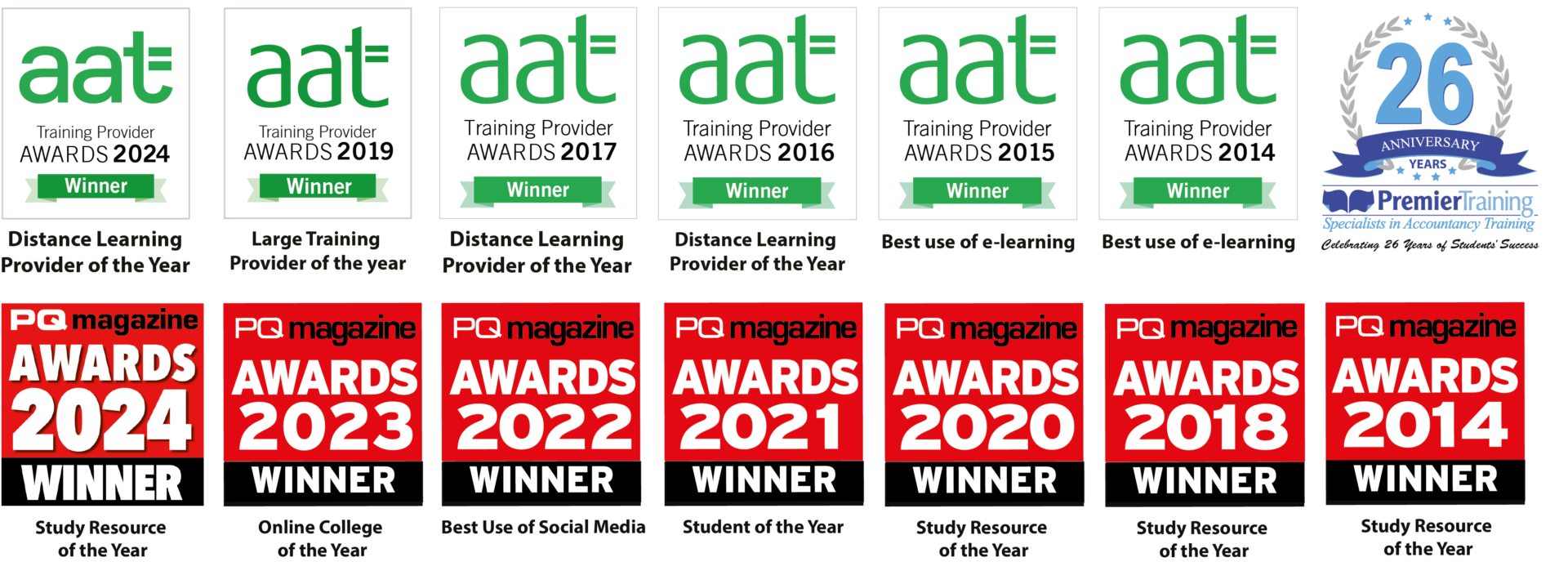Internal Accounting Systems and Controls (INAC) Unit
All organisations must guard against fraud through good control systems. However, many businesses underestimate both the probability and impact of employee fraud. Those working within the accounts department play a pivotal role in guarding against misuse of resources, and the key aim of this unit is to provide students with the tools to evaluate internal controls and to recommend improvements.
The unit teaches student to consider the role and responsibilities of the accounting function, including the needs of key stakeholders who use financial reports to make decisions. Students will review accounting systems to identify weaknesses and will make recommendations to mitigate identified weaknesses in future operations. Students will apply several analytical methods to evaluate the implications of any changes to operating procedures.
The structure of the accounting function, which varies depending on the size of the organisation, must comply with statutory requirements. Students will learn to identify appropriate controls, assess their impact in terms of cost-effectiveness, reliability and timeliness, and ensure that all functions adapt their working practices to meet new requirements in an ethical and sustainable way.
Technology is changing the way that accountancy information is processed, and this unit requires knowledge of the fundamental principles of data analytics and artificial intelligence (AI), which may be used as an alternative way to gather and analyse information. Cloud accounting is changing the way accountants work and visualisation, including dashboards, is increasingly used to present information in a way that is easier for stakeholders to understand. Data security and breaches are regularly reported in the press, and therefore it is imperative that students are aware of the importance of keeping all data secure and consider the confidential nature of the data that they will be processing as part of their everyday role.
Finally, students will evaluate the impact of changes on the system and its users, identifying different methods of support that can be given to users of the accounting system to assist them in adapting to the recommended improvements.
Learning outcomes
1. Understand the role and responsibilities of the accounting function within an organisation
2. Evaluate internal control systems
3. Evaluate an organisation’s accounting system and underpinning procedures
4. Understand the impact of technology on accounting systems
5. Recommend improvements to an organisation’s accounting system

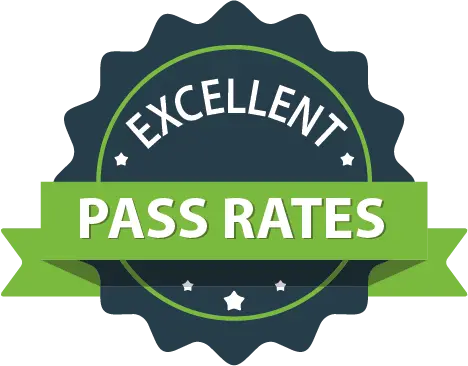
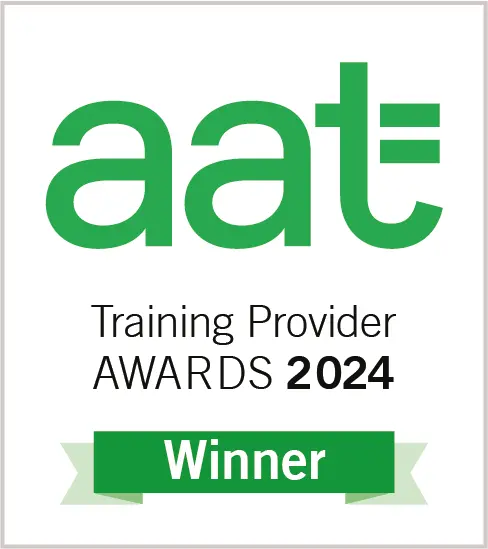





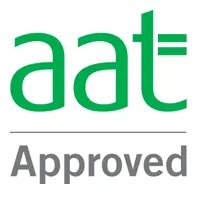

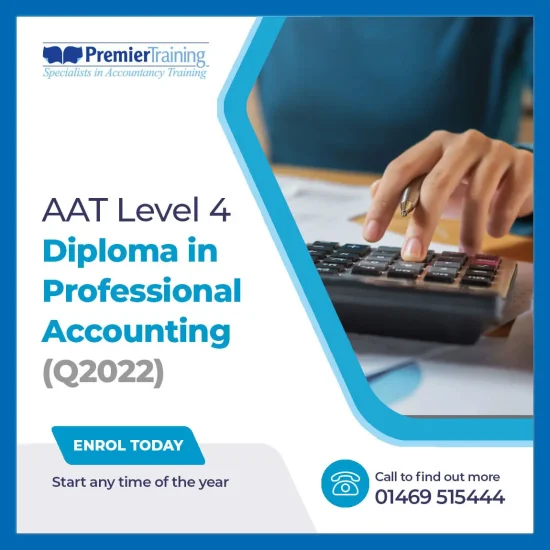
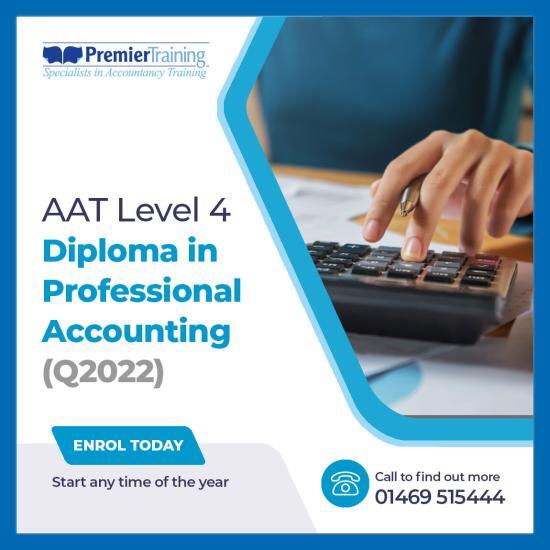
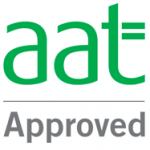

 In this AAT level 4 Online course you can browse our new course materials for the AAT Q2022 syllabus.
In this AAT level 4 Online course you can browse our new course materials for the AAT Q2022 syllabus.

